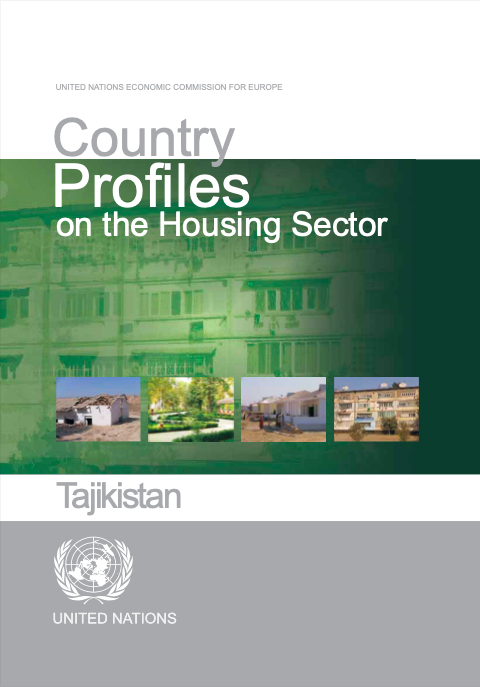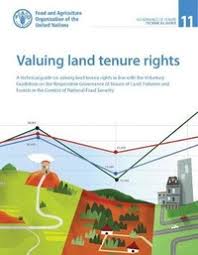Country Profiles on the Housing Sector - Tajikistan
The country profiles on the housing sector are intended to assist Governments of countries with economies in transition to improve the performance of their housing sector and, at the same time, to promote sustainable development. The reviews analyse trends and policy developments and make an overall assessment of the political, economic and social framework of the housing sector. This work was initiated by the United Nations Economic Commission for Europe (UNECE) Committee on Housing and Land Management in the early 1990s in response to requests from UNECE member States.




